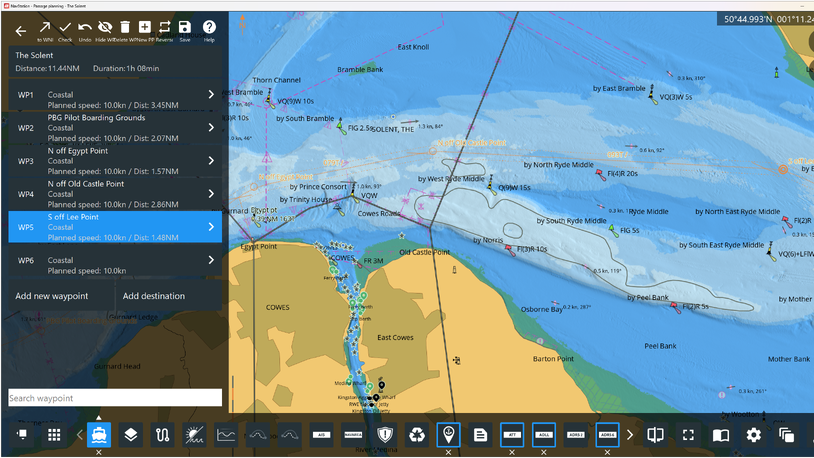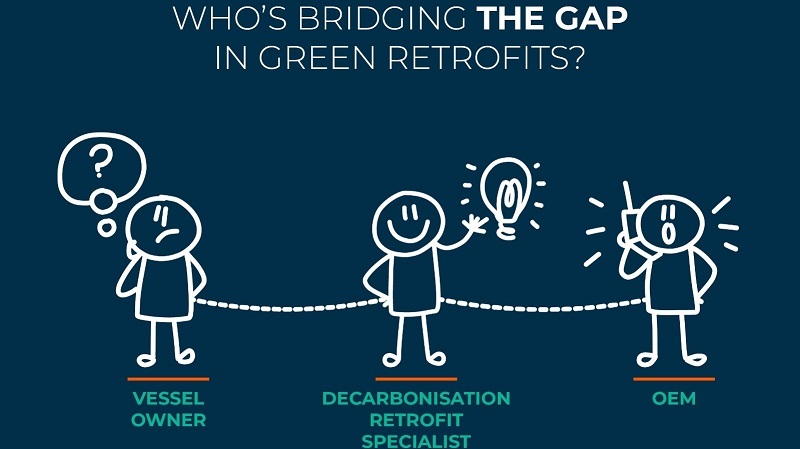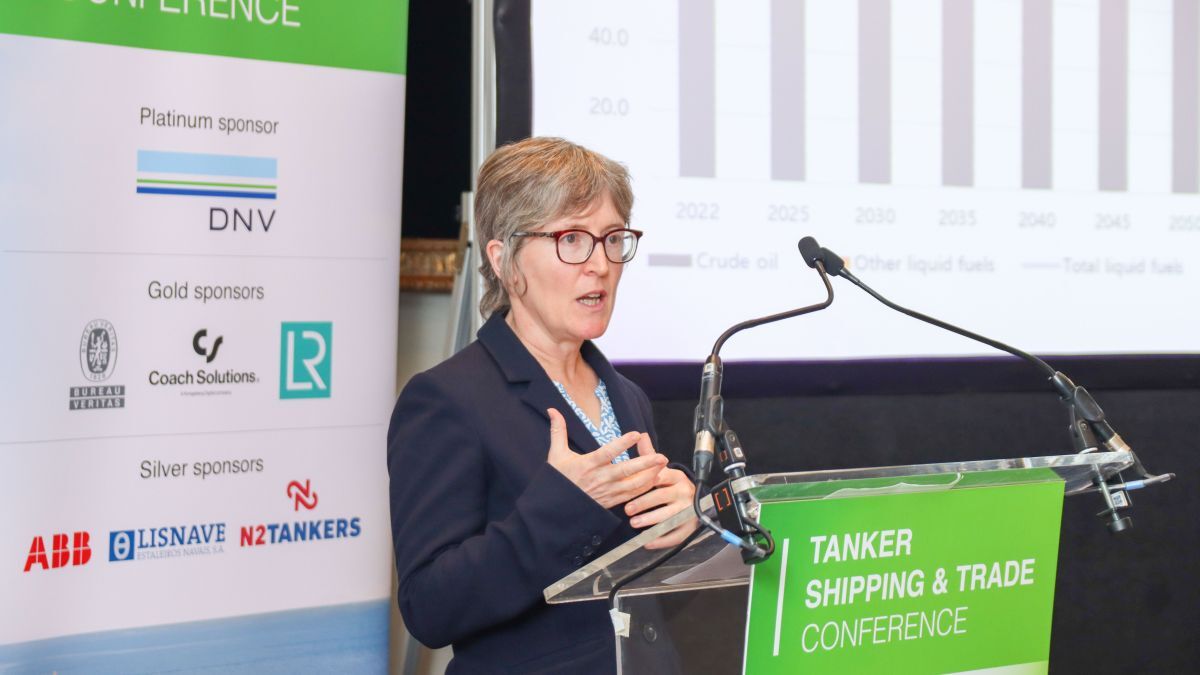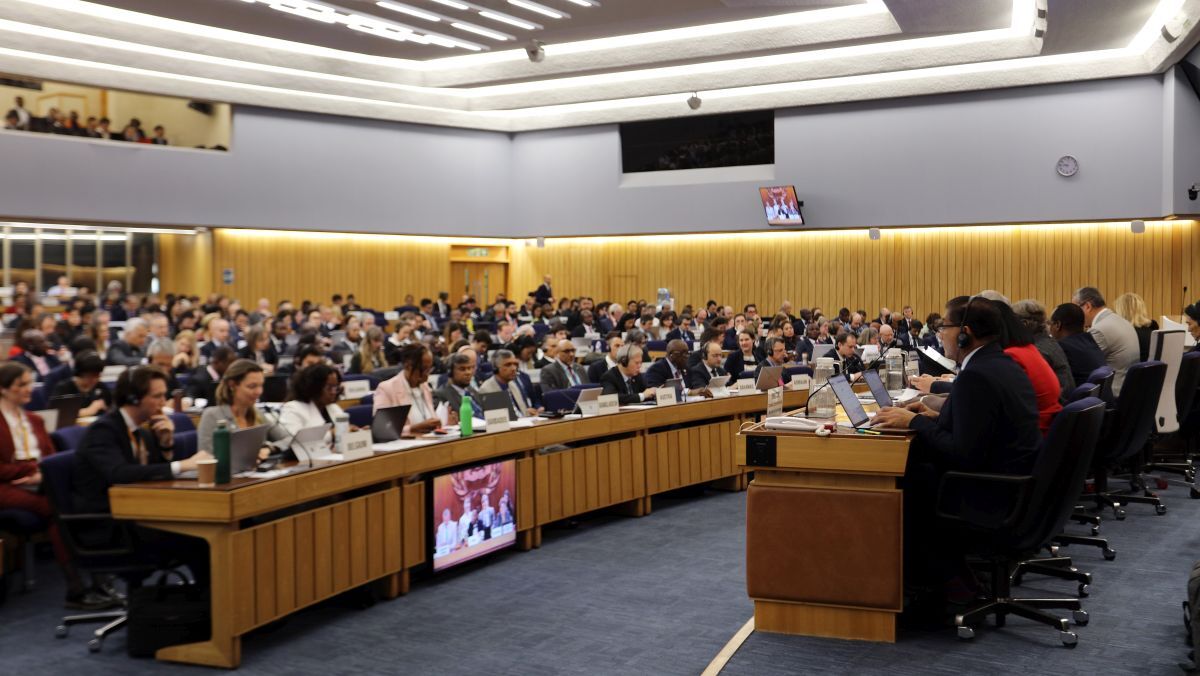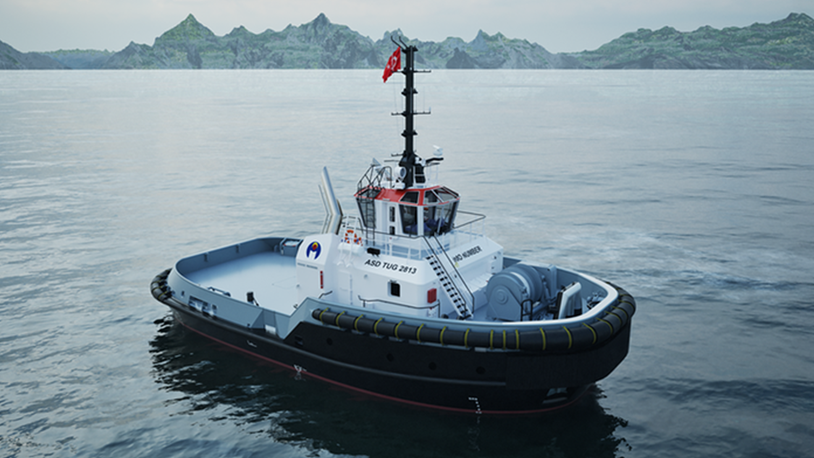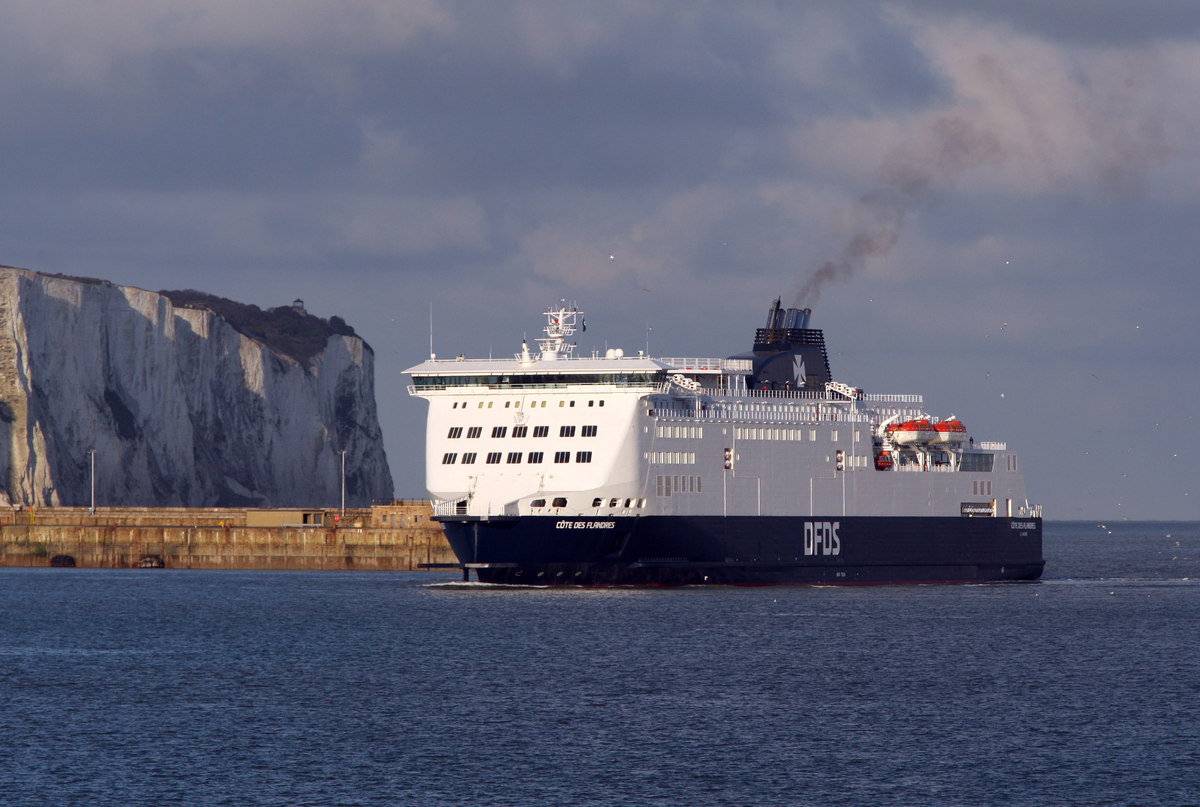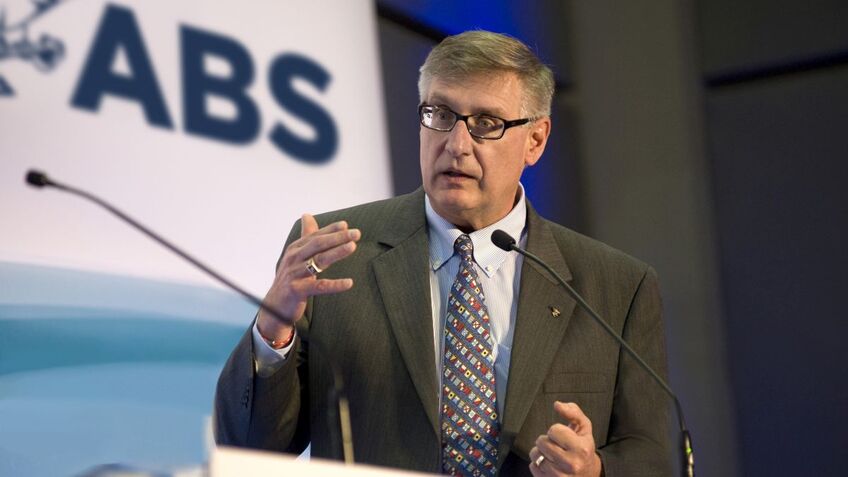Business Sectors
Events
Contents
Bridging the Gap in Maritime Decarbonization: The Role of the Decarbonization Retrofit Specialist
The path to decarbonization is not straightforward. Shipowners must navigate numerous technological options—cold ironing, hybrid propulsion, energy efficiency upgrades—and decide which offers the best return on investment.
The maritime industry faces an urgent challenge to meet the IMO’s decarbonization targets: a 40% reduction in carbon intensity by 2030 and net-zero emissions by 2050. For vessel owners, this means retrofitting 50,000 to 70,000 ships. Unlike past retrofits like the Ballast Water Treatment System (BWTS), decarbonization is far more complex, involving multiple emerging technologies, each at different stages of development and with varying costs and risks.
The path to decarbonization is not straightforward. Shipowners must navigate numerous technological options—cold ironing, hybrid propulsion, energy efficiency upgrades—and decide which offers the best return on investment. The fragmentation of the market, with over 20+ potential solutions, only adds to the confusion, making it difficult to compare options and assess their long-term viability.
The Role of Retrofit Specialists
Retrofit specialists are becoming essential in this new landscape. These experts offer end-to-end solutions, from initial vessel assessment and technology selection to engineering, project management, and post-installation support. Their role is to guide vessel owners through the entire retrofit process, ensuring seamless integration of new systems while minimizing operational downtime.
- Vessel Assessment: Specialists evaluate each vessel’s unique needs, operational profile, and energy efficiency.
- Technology Selection: They match the right technology to the vessel’s specific requirements, considering ROI and compliance.
- Project Management: Specialists coordinate retrofits, working with shipyards, OEMs, and classification societies.
- Post-Retrofit Optimization: Ongoing monitoring ensures continued performance and regulatory compliance.
Why Specialists Are Critical
Many vessel owners, especially those with smaller fleets, lack the resources to keep up with evolving technologies. Without a specialist, they risk delaying decarbonization decisions, threatening the industry’s ability to meet the IMO’s targets. Additionally, shipyards and OEMs, while critical, often don’t have the full scope needed to manage such complex projects—this is where retrofit specialists provide critical strategic oversight. Delaying retrofits could push the maritime industry past its regulatory deadlines, while also weakening the emerging decarbonization technology market.
Conclusion
The decarbonization of the global fleet is achievable but requires expertise. Decarbonization retrofit specialists are crucial in navigating this complex landscape, providing the knowledge and guidance necessary for a smooth transition. With the right partnerships and strategies, the industry can meet its goals and build a more sustainable future for maritime operations.
At GLO Marine, we are already playing this role. Our skill set and multidisciplinary team are uniquely tailored to meet these demands, offering end-to-end retrofit services that help vessel owners navigate the decarbonization maze. Having already participated in three significant projects involving decarbonization solutions—cold ironing, rigid sail installations, and hybridization—we have hands-on experience with the challenges and intricacies of integrating these advanced technologies
Related to this Story
Events
Maritime Environmental Protection Webinar Week
Cyber & Vessel Security Webinar Week
The illusion of safety: what we're getting wrong about crews, tech, and fatigue
Responsible Ship Recycling Forum 2025
© 2024 Riviera Maritime Media Ltd.

